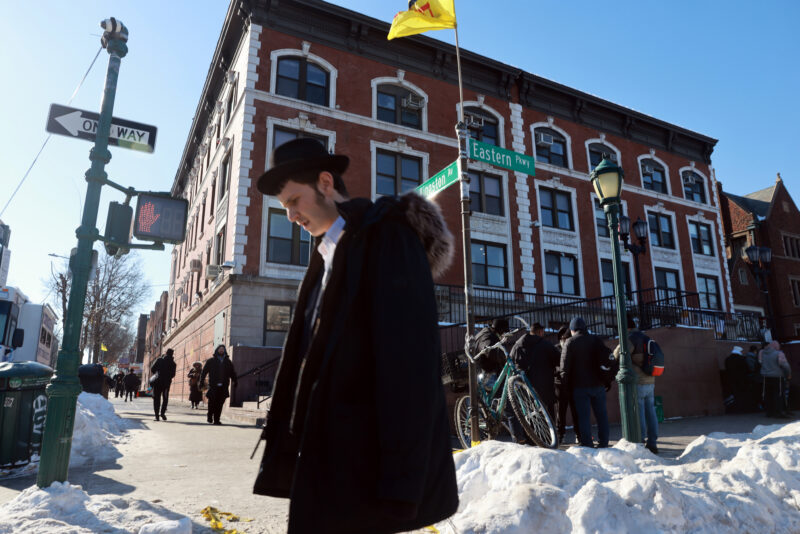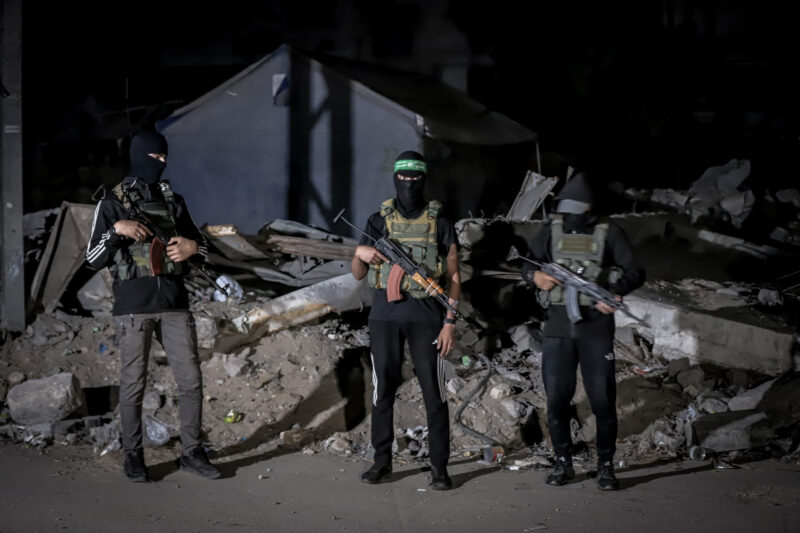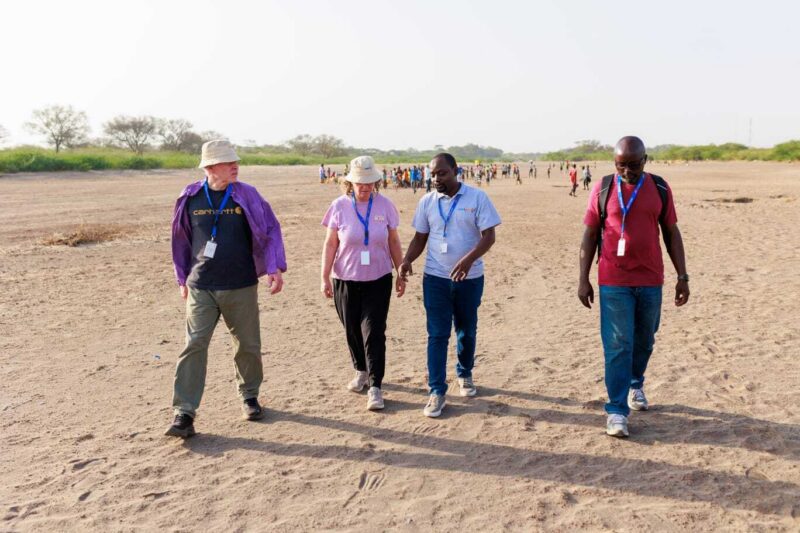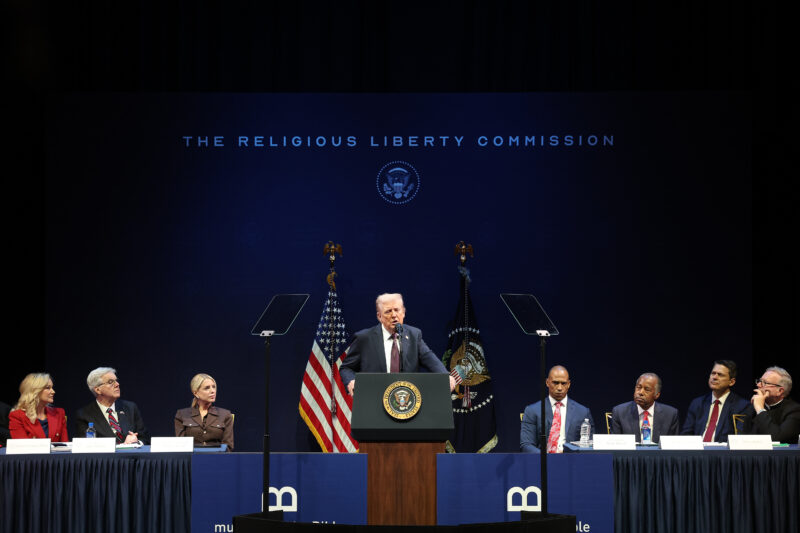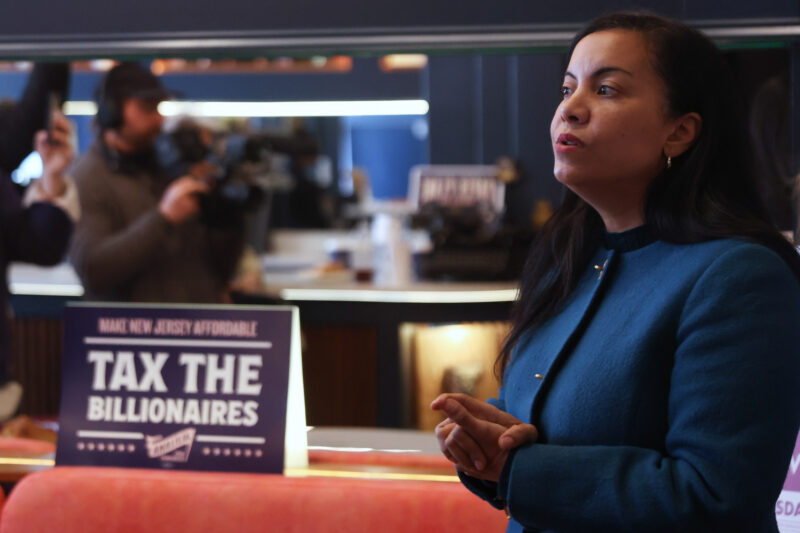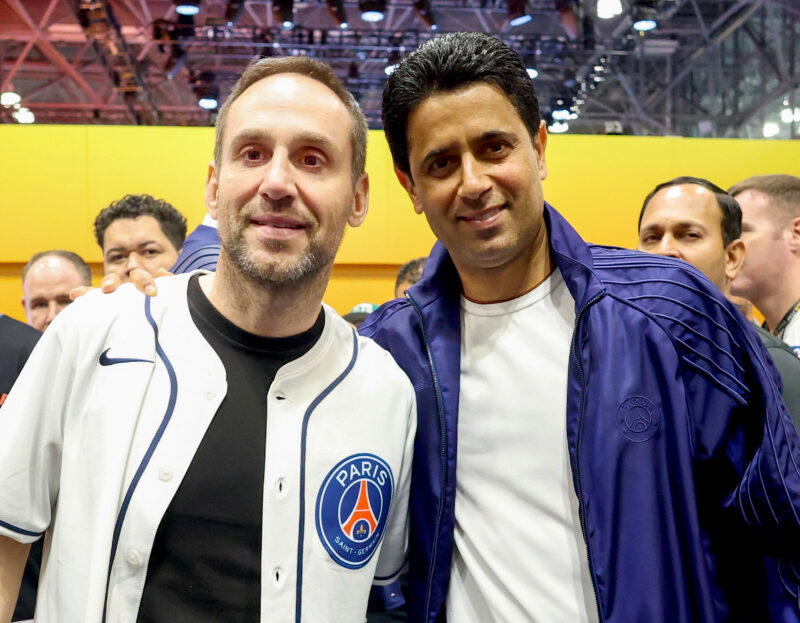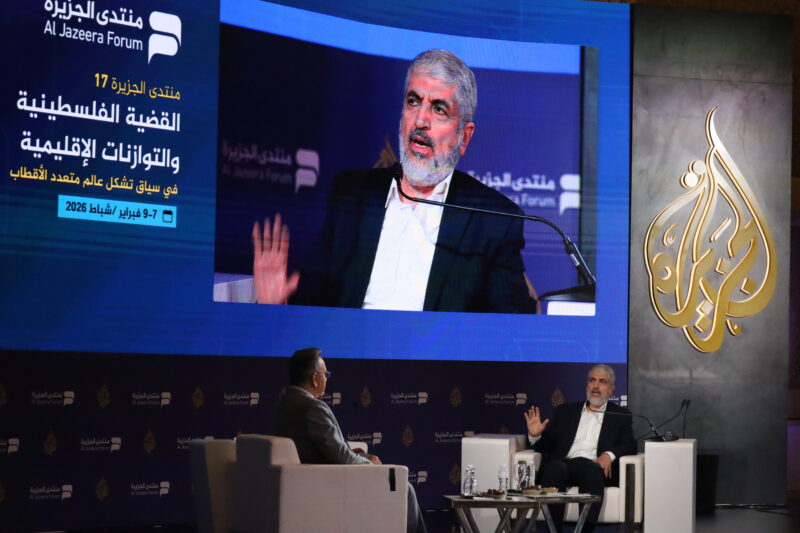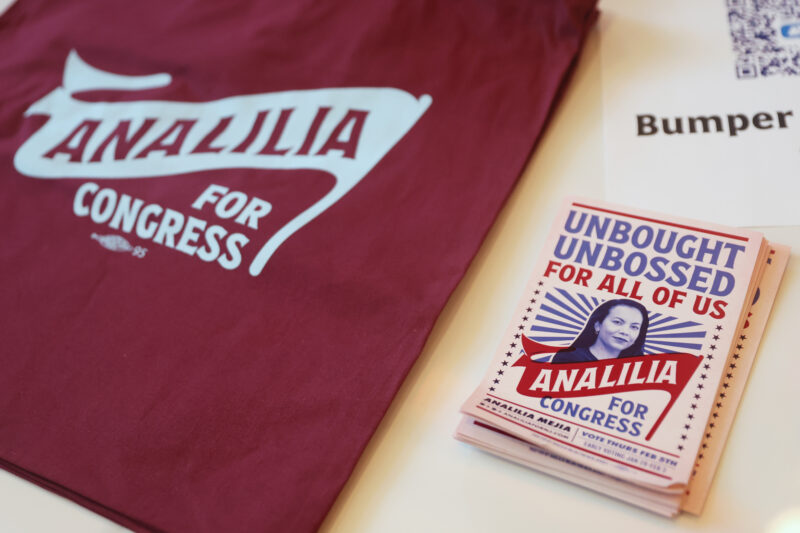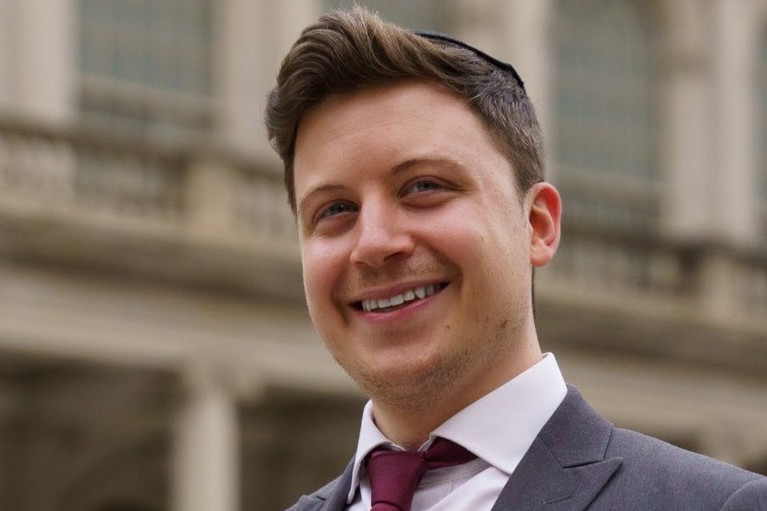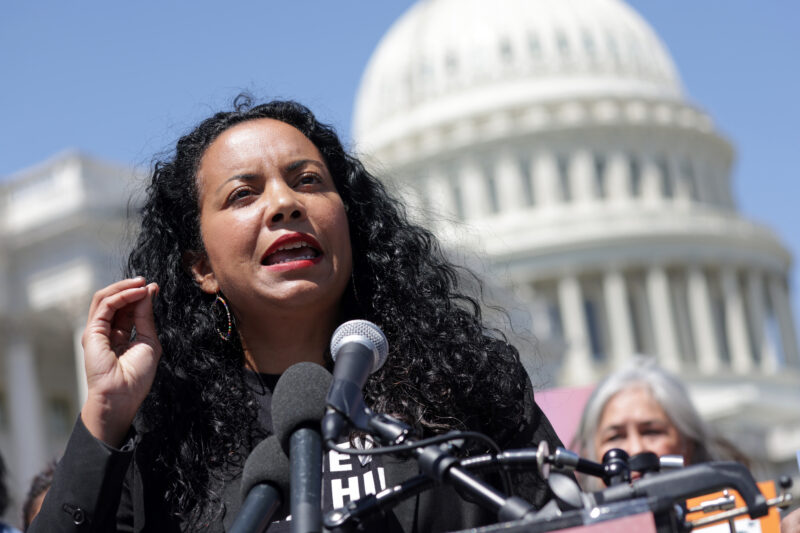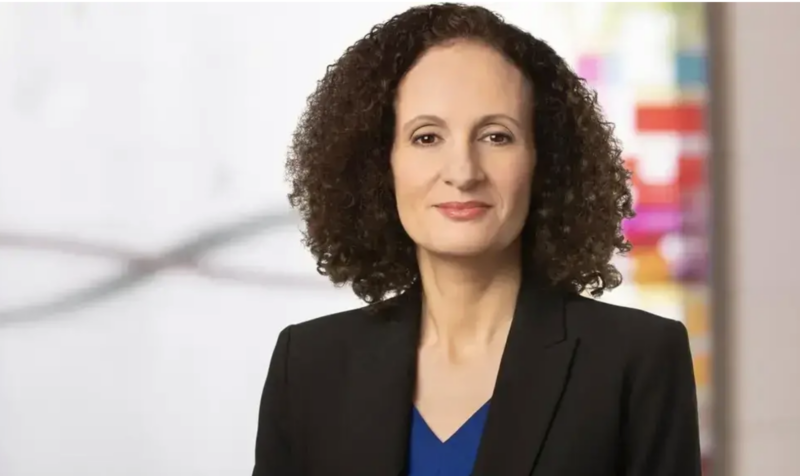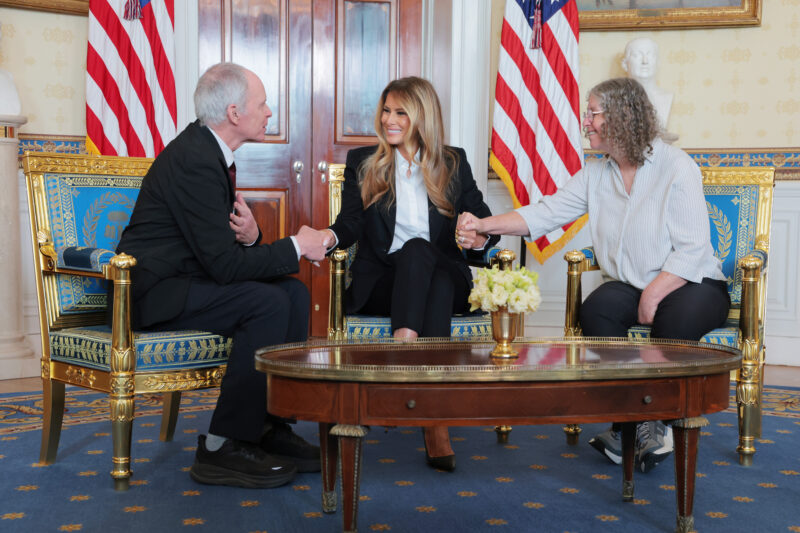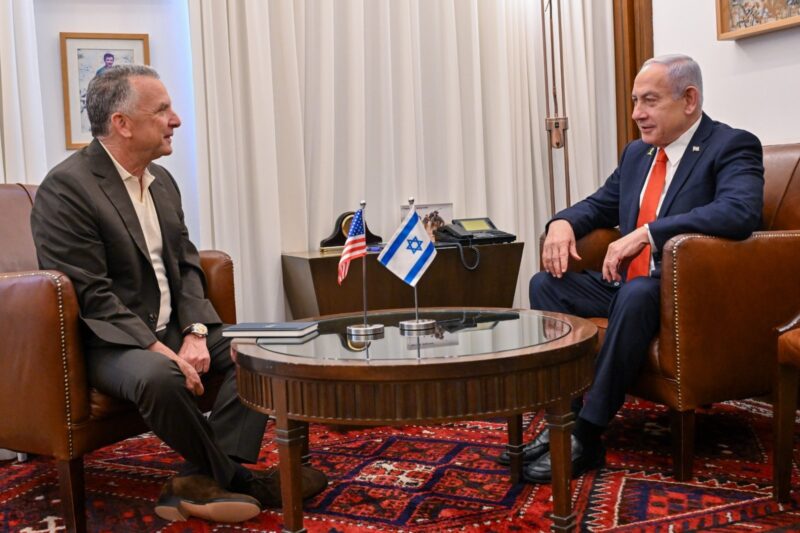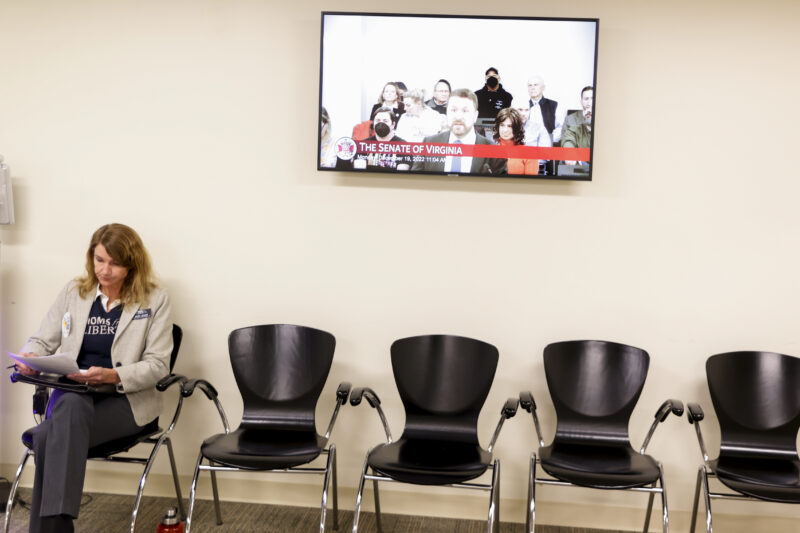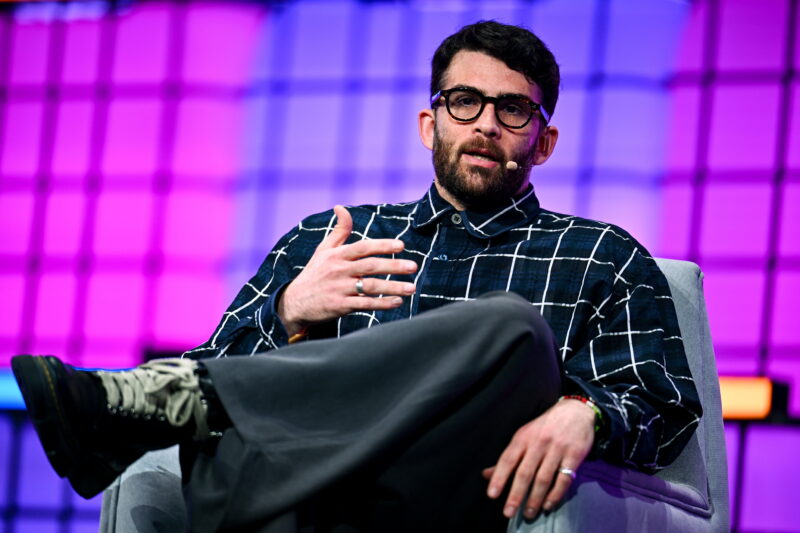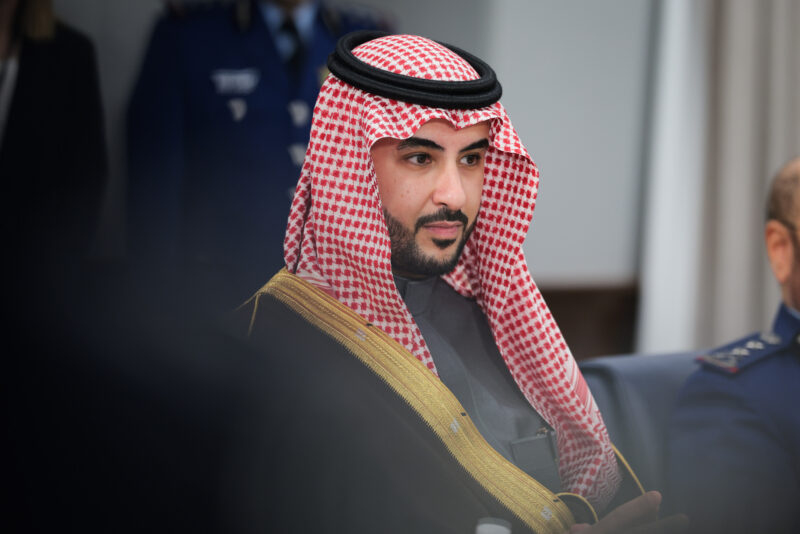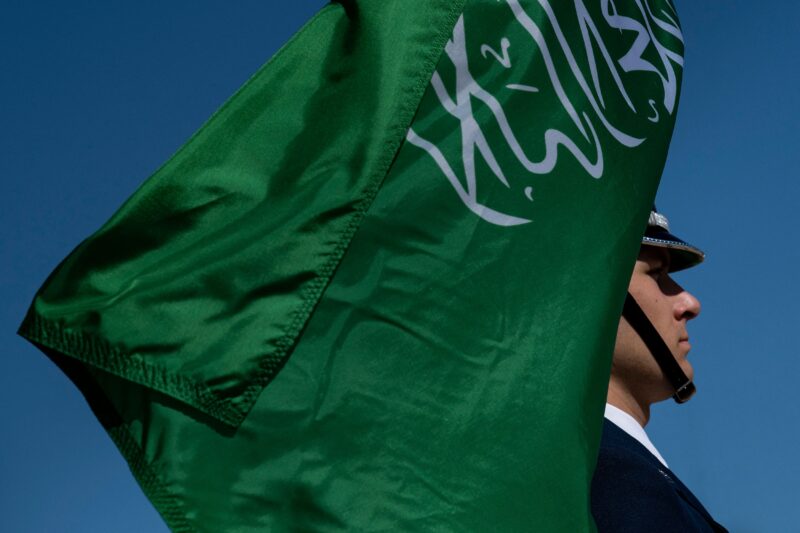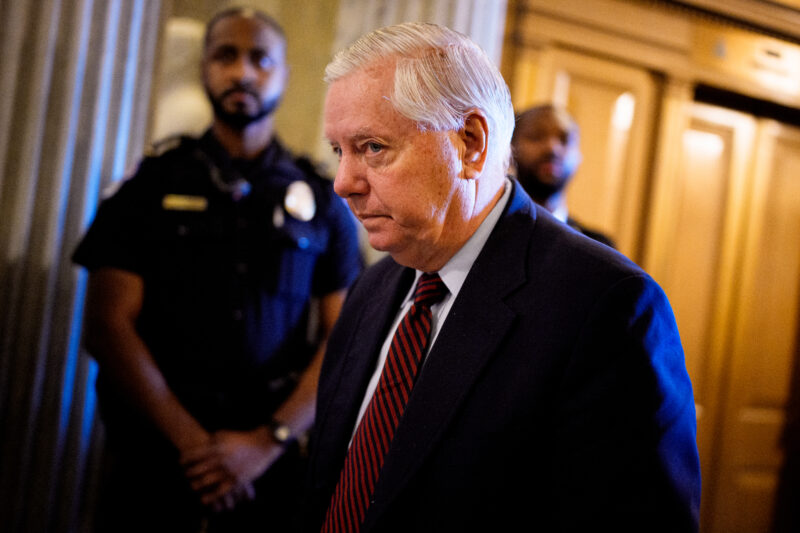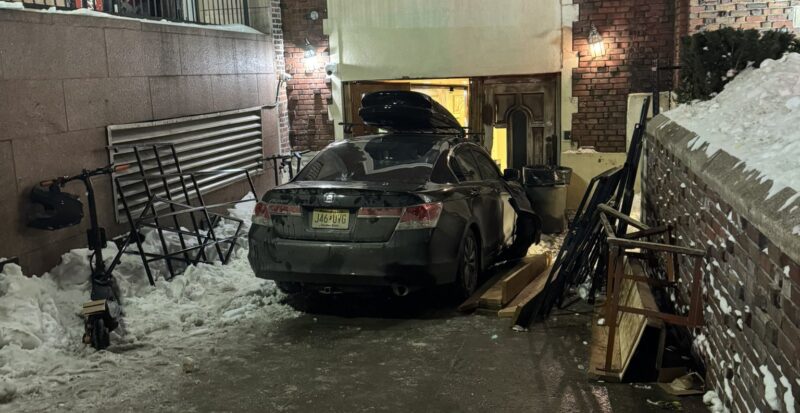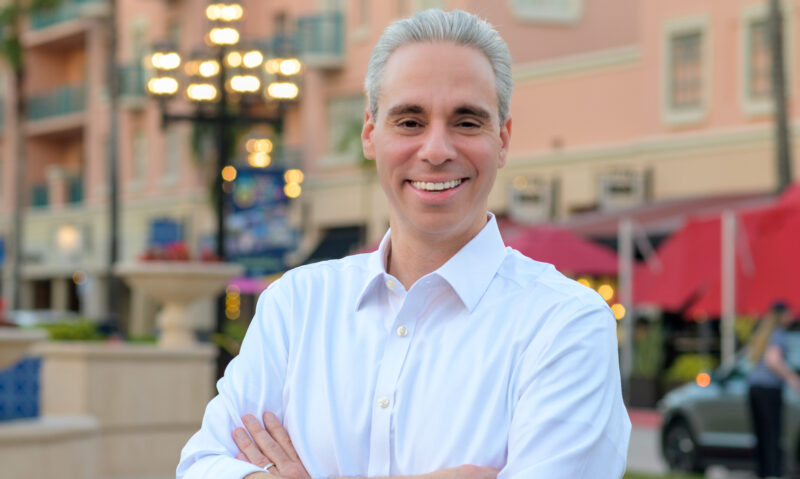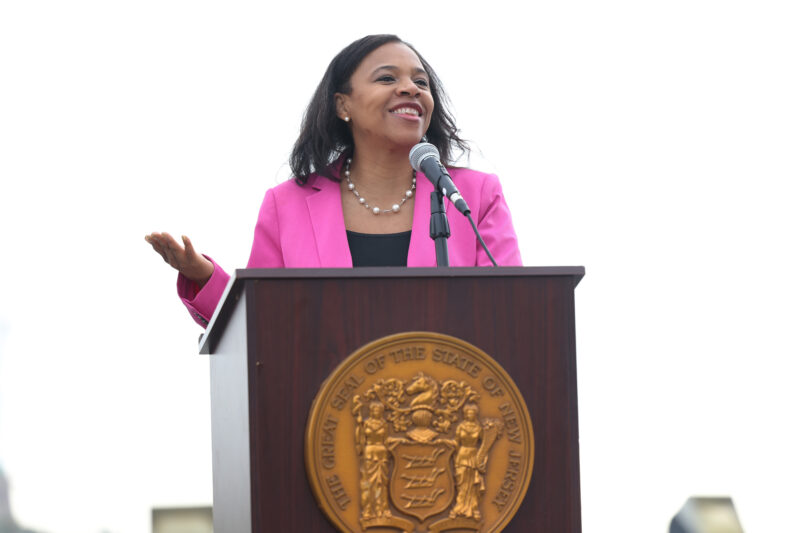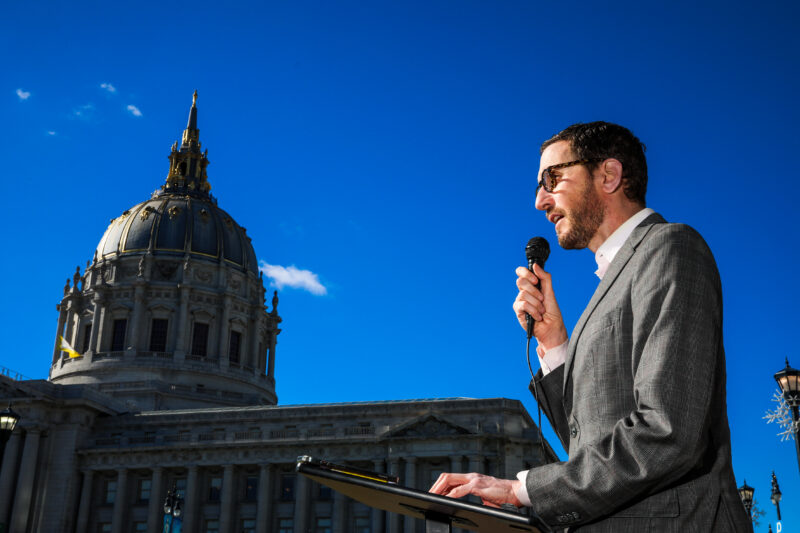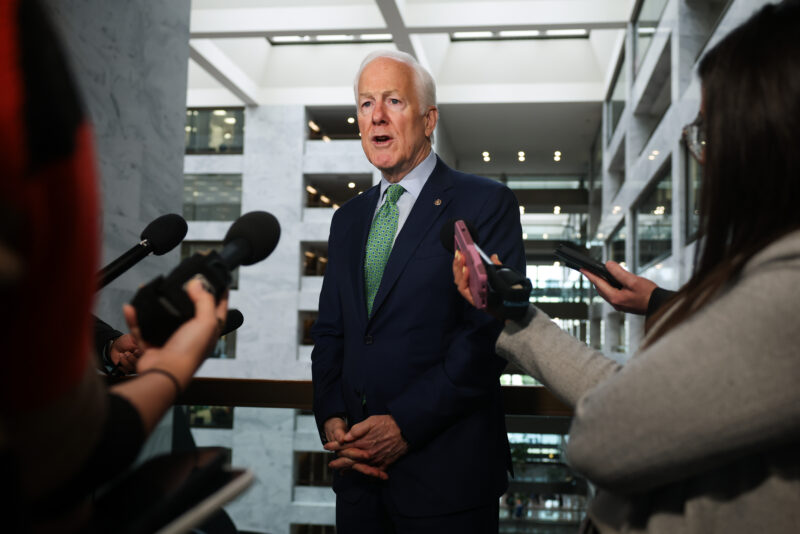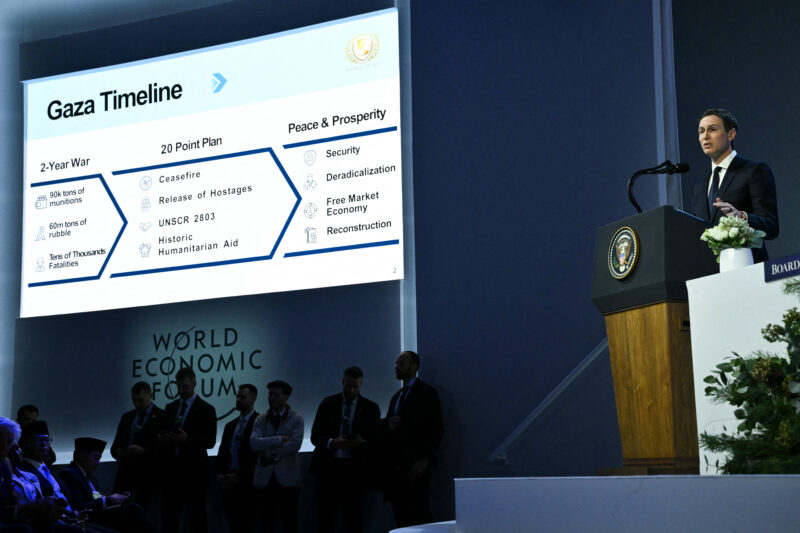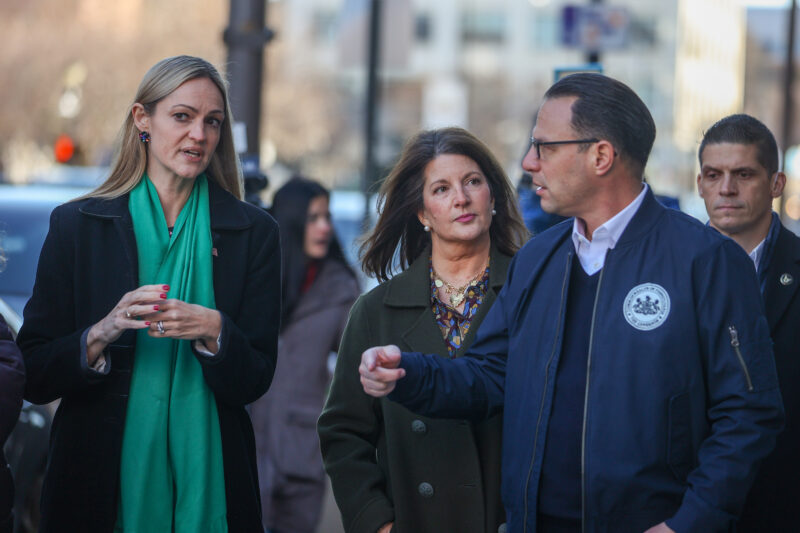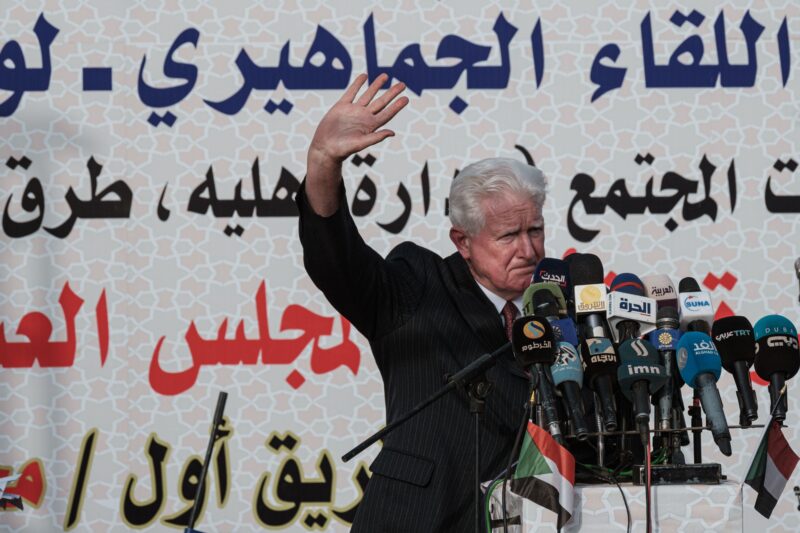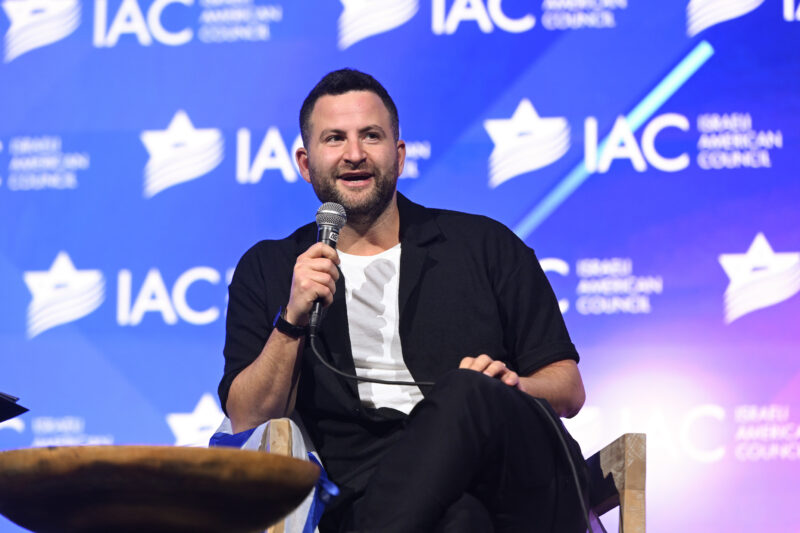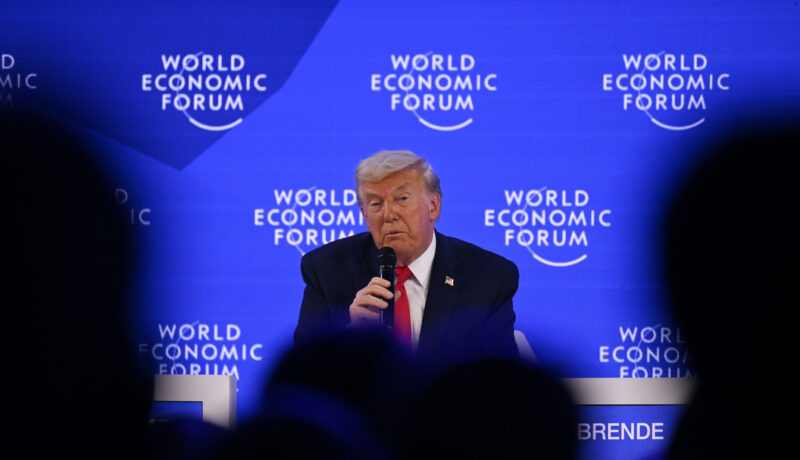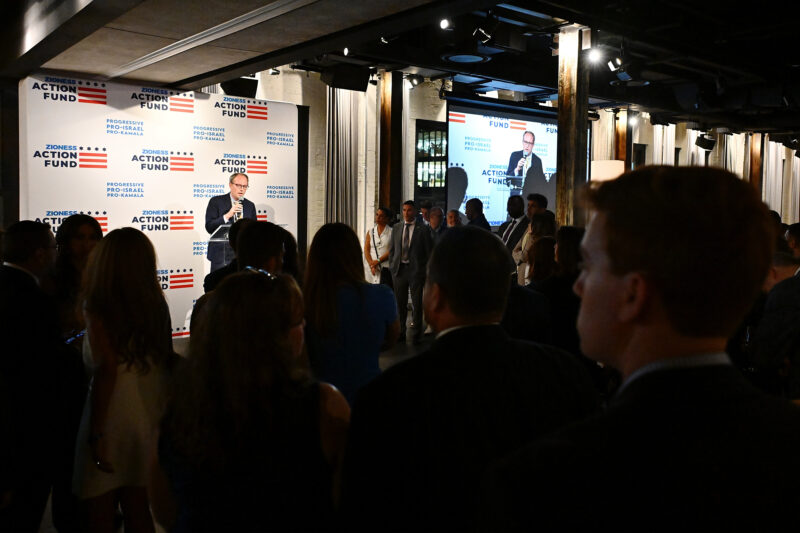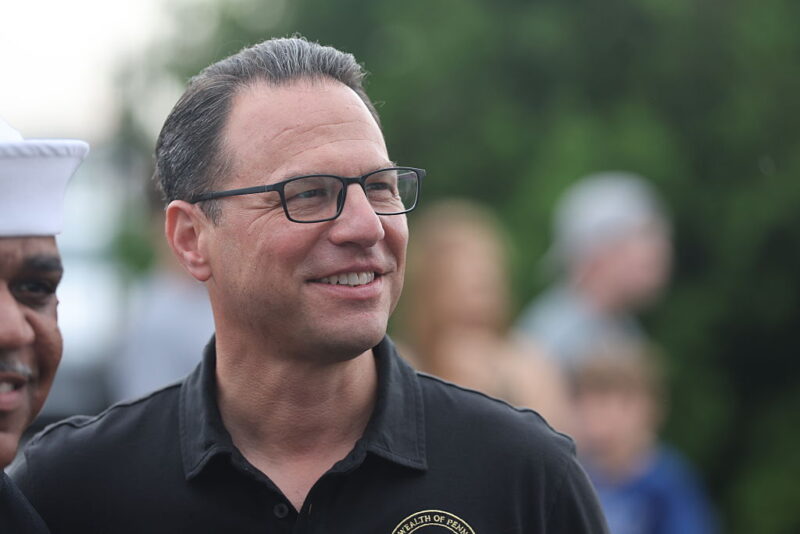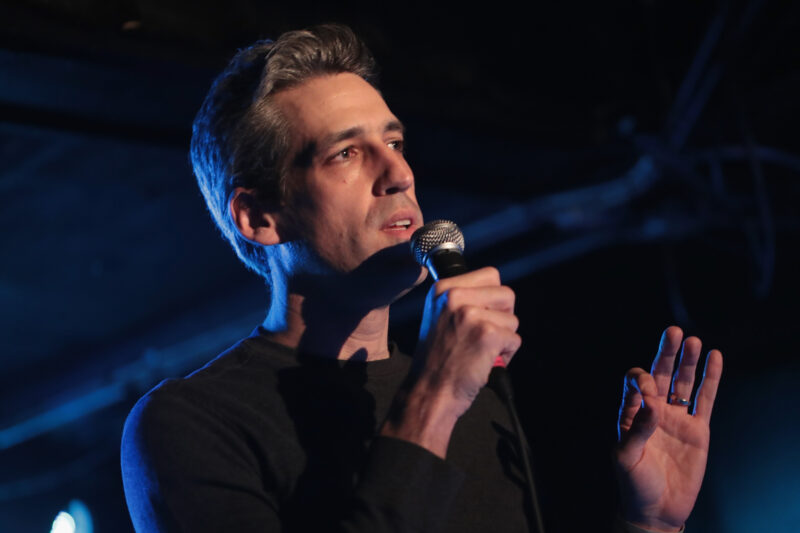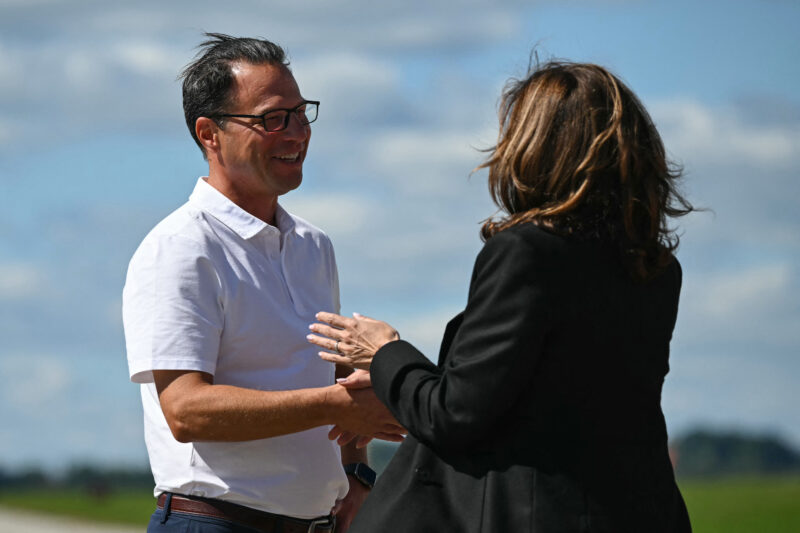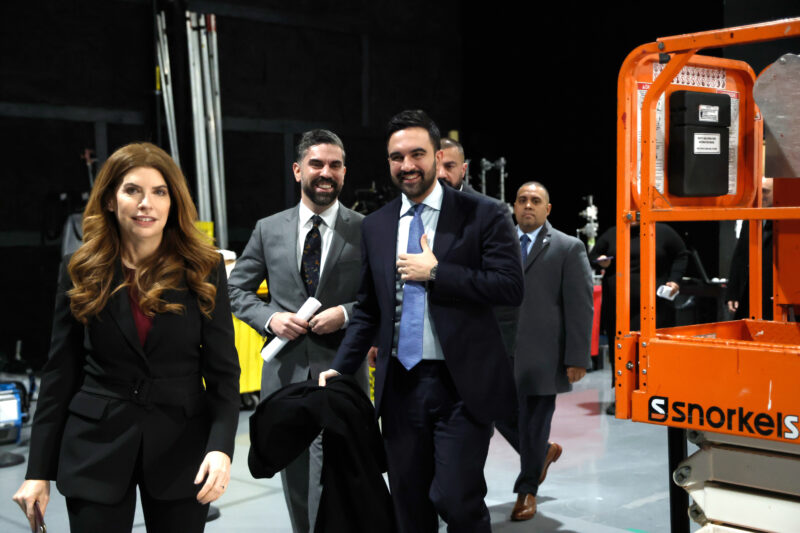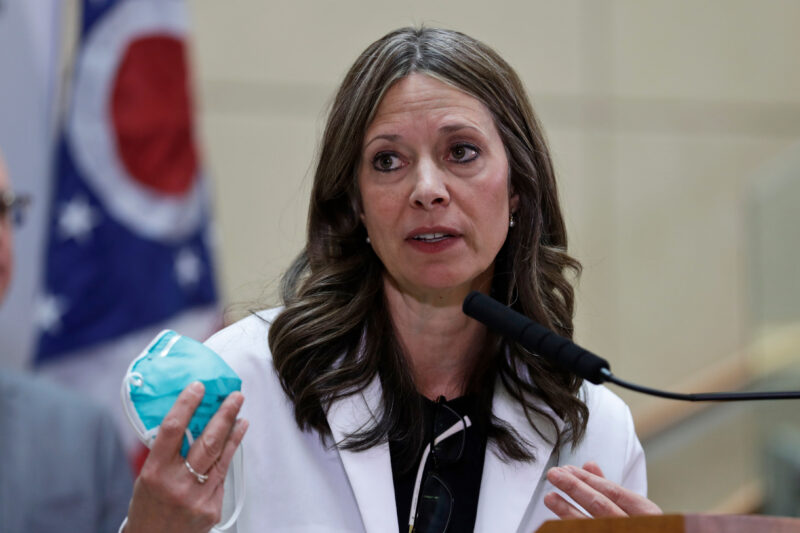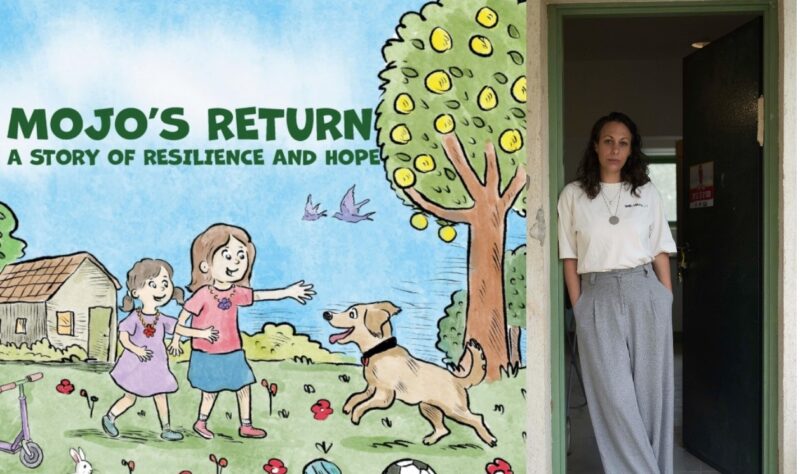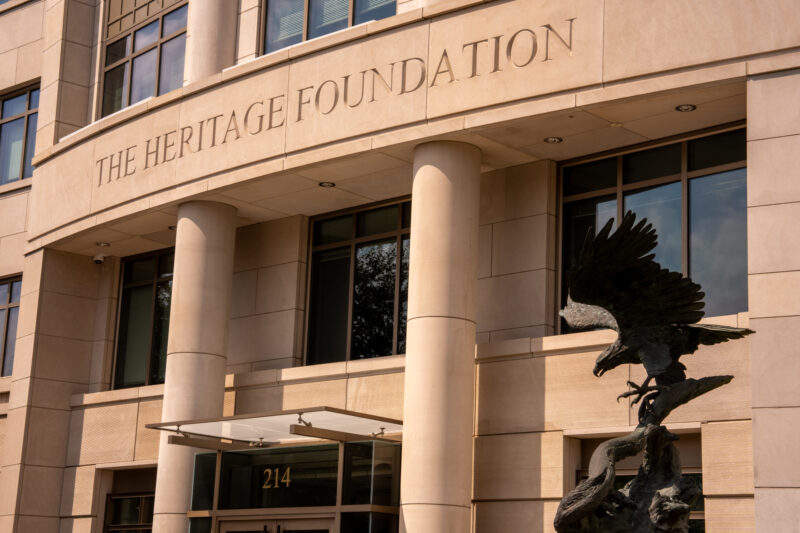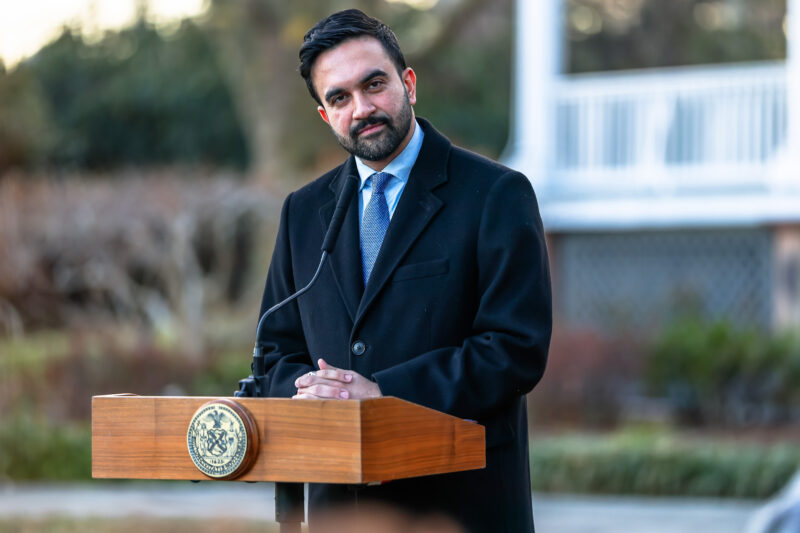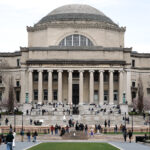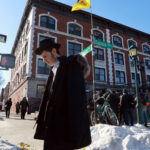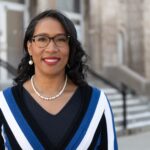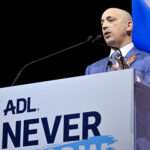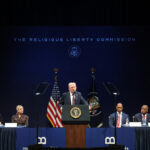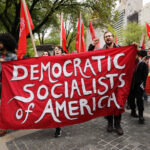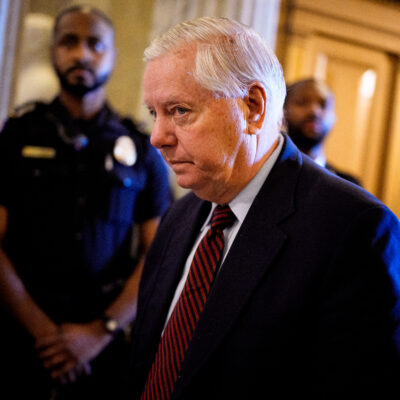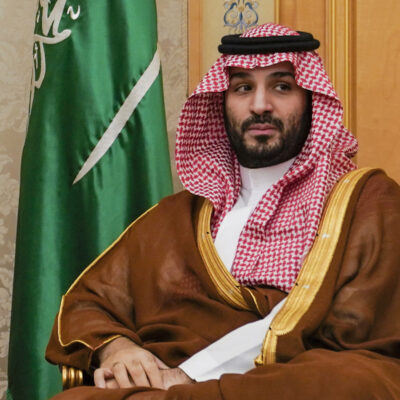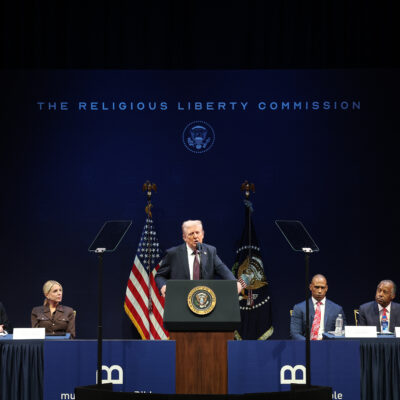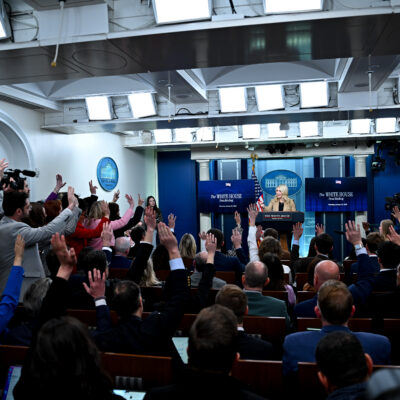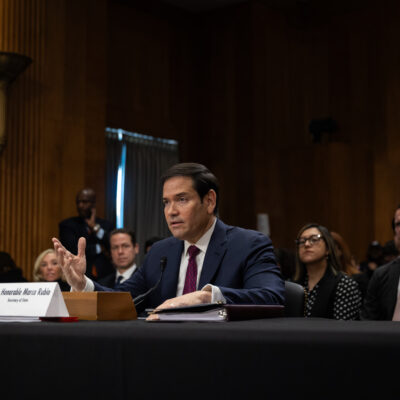Columbia’s proposals to tackle antisemitism draw mixed reviews from Jewish leaders
Task force punts on whether some slogans chanted at anti-Israel rallies are antisemitic

InSapphoWeTrust / Flickr
Columbia University
The recommendations handed down earlier this week from Columbia University’s task force on antisemitism painted a picture of Jewish students feeling “isolation and pain” in the wake of pro-Palestinian protests that have gripped the campus since Oct. 7.
They also cited a lack of disciplinary response from the university regarding unauthorized protests of the Israel-Hamas war as contributing to Jewish students’ struggles on campus, and called for the university to more effectively investigate policy violations by creating an easier process for filing complaints.
But on the pivotal question of whether some of the slogans chanted at those rallies veer from legitimate political speech into antisemitism the task force’s recommendations are ambiguous.
The report states, “Obviously, the chants ‘gas the Jews’ and ‘Hitler was right’ are calls to genocide, but fortunately no one at Columbia has been shouting these phrases… Rather, many of the chants at recent Columbia protests are viewed differently by different members of the Columbia community: some feel strongly that these are calls to genocide, while others feel strongly that they are not.”
The report does not, however, specifically address the slogan “from the river to the sea Palestine will be free,” which has frequently been chanted at protests on Columbia’s campus and is widely viewed by Jewish groups as a call for genocide of Israelis.
According to David Schizer, a professor of law and economics and dean emeritus of Columbia’s law school, who is one of the three co-chairs of the task force, the key issue that the 24-page report addresses is the thorny matter of campus free speech — emphasizing that “everyone needs to have a right to speak and to protest,” he said.
“How can we make sure the people have the right to speak and protest, while at the same time ensuring that protests don’t interfere with the ability of other members of the community to teach classes, study for a test, to hear their professors,” Schizer, who is also the former CEO of the American Jewish Joint Distribution Committee, continued. While the report emphasizes the right to peaceful demonstrations, it also condemns faculty for participating in unauthorized demonstrations.
But some prominent leaders of the movement to fight antisemitism in higher education expressed skepticism that a set of recommendations could fix the raging antisemitism on Columbia’s campus — which has included repeated violations of the rules on protests and physical assault and other serious attacks on Jewish students.
“The new recommendations have some technically good work which could provide incremental advances, but it’s certainly not the kind of thing that will solve Columbia’s problems,” Kenneth Marcus, founder of the Louis D. Brandeis Center for Human Rights Under Law, told JI. The Brandeis Center recently filed federal complaints against the University of California for antisemitism at UC Berkeley and American University, while the Department of Education is currently investigating Brandeis Center complaints filed against Wellesley, SUNY New Paltz, the University of Southern California, Brooklyn College and the University of Illinois for violating Title VI of the Civil Rights Act and for discrimination against Jewish students.
The recommendations come as Columbia faces pressure from donors and investigations by Congress and the Biden administration over antisemitism. It also comes in the wake of scrutiny regarding a number of antisemitism task forces set up at elite universities as a response to the surge in antisemitism that erupted following the Oct. 7 Hamas terror attacks in Israel. Five months later, questions remain over the effectiveness and direction of such groups — with some experts claiming task forces have been all talk with minimal action so far.
But Schizer said that in Columbia’s case, there have been months of ongoing research of university policies, including interviewing students. It aims to release a series of reports in the coming months with the goal of gaining a deeper understanding of the campus climate and providing further recommendations.
The report states that while it agrees with the university’s principle that calls for genocide, like other incitement to violence, violate the rules, “the application of it should be clarified.”
It goes on to encourage the university’s legal team to “provide more guidance on this issue,” and emphasizes that clearer guidance is needed, like the university has done with its rules on gender-based misconduct to include “scenarios,” “to provide greater clarity help to provide fair notice, so Columbia affiliates have more of a sense of what is permissible (even if offensive) and what is not.”
Columbia administration plans to review the task force’s interim policy at the end of this semester. Minouche Shafik, the university’s president, said in a statement that the new recommendations — the first set in a series — are welcomed by the university and “will continue across a number of fronts as the University works to address this ancient, but sadly persistent, form of hate.”
Marcus said it’s “good that Columbia finally has good people asking serious questions about harassment and disruptive protests,” but he added, “What’s needed is not just a few recommendations regarding the rules on protest. The fact is that there’s been antisemitic bigotry [at] Columbia University for decades now.”
“It’s not as if a few changes to the protest policies are going to substantially change the institution as long as they continue business as usual,” he continued. “Much of what’s in this new set of recommendations could have been written on Oct. 6 given everything that’s happened since. What’s needed is not a series of incremental measures, but a rethinking of what Columbia is doing to cause harm, not just to Jewish students but also to the surrounding community. These recommendations may lead to technical and marginal changes in the ways that the university responds to specific incidents, and generally speaking that’s a good thing.
But it’s certainly not a solution to the problem.”
Marcus noted that the recommendations are “framed fairly narrow, with response to only one narrow piece of the problem.”
“I know this is only one of the series of reports that we can anticipate, but if this is an indication of what’s to come, it may provide some useful professional iteration but not a truly substantial change,” he said. “It does not indicate a new mindset that is ready to deal with the problems Oct. 7 has revealed.”
Mark Yudof, chair of the Academic Engagement Network, expressed a similar sentiment as Marcus, but added that he’s “hopeful” the report will bring change. Schizer, as well as the two other co-chairs of the task force, Ester Fuchs and Nicolas Lemann, are all longtime members of AEN.
“We need adequate rules about speech and we need to put teeth into it and have reasonable procedures in which people are actually disciplined for violating the rules,” Yudof said, calling the report “complex.”
While skeptical, Yudof also expressed praise for the recommendations — “I think Columbia’s report gets at the core problem of education and I applaud them,” he said.
“I like the report and am hopeful… I would urge the Columbia administration to adopt the recommendations of the task force, but the proof will be in the pudding.”
Please log in if you already have a subscription, or subscribe to access the latest updates.




